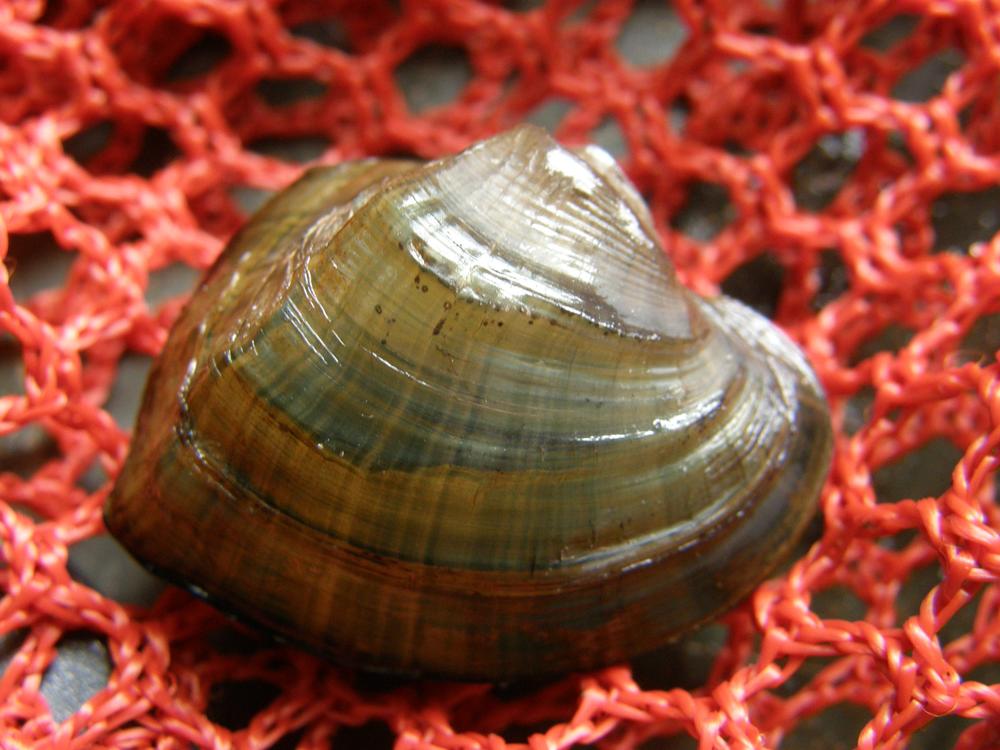
Caption
The southern elktoe is a rare freshwater mussel found only in the Apalachicola, Chattahoochee, and Flint River Basins. The U.S. Fish and Wildlife Service proposed in June 2023 to add the southern elktoe to the endangered species list.
Credit: J. Wisniewski / Georgia Department of Natural Resources

